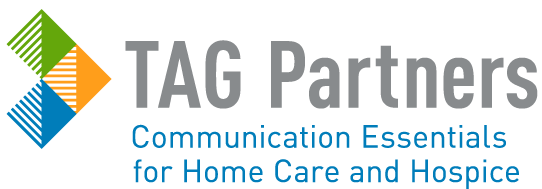Heart disease remains a huge health challenge nationally, and the problem isn't going anywhere. In fact, about 85.6 million American adults have some form of cardiovascular disease, according to the American Heart Association.
You probably already heavily focus on cardiac conditions, but February's American Heart Month is a time when you should step up your efforts around heart disease education, prevention and detection.
Here are some tips to help you get started:
- Download a February National Health Observances toolkit from the U.S Department of Health and Human Services that focuses on American Heart Month. It includes general information, tips to communicate the message, e-cards, event planning information and other tools.
- Host a free CPR training event. Call your local branch of the American Red Cross to schedule your agency’s participation in their efforts.
- Break out your best red clothes and participate in National Wear Red Day this Feb. 3 to show your support for women with heart disease and stroke. Learn more about this event at www.GoRedForWomen.org.
- Set up a booth with a clinician at a community health fair this February and offer free cholesterol screenings. Make sure you have plenty of information about cardiovascular diseases on hand as well as your agency’s marketing materials.
- Valentine’s Day is a great opportunity to show the community you have heart. Make sure everyone wears red that day and pass out “We’re all about heart” disease flyers on CHF and heart disease to physician office waiting rooms. TAG Partners has a wide selection of heart health-related materials ready for your agency's use.
- Visit the Million Hearts website and take the Million Hearts pledge — a national effort to prevent 1 million heart attacks and strokes over five years. Encourage staff members to take the pledge as well to get your entire team involved and on board with this important initiative. These fact sheets can help educate your staff and community about the initiative.
- Visit the NIH and CDC education pages on heart disease for tons of heart-related fact sheets and other information.


